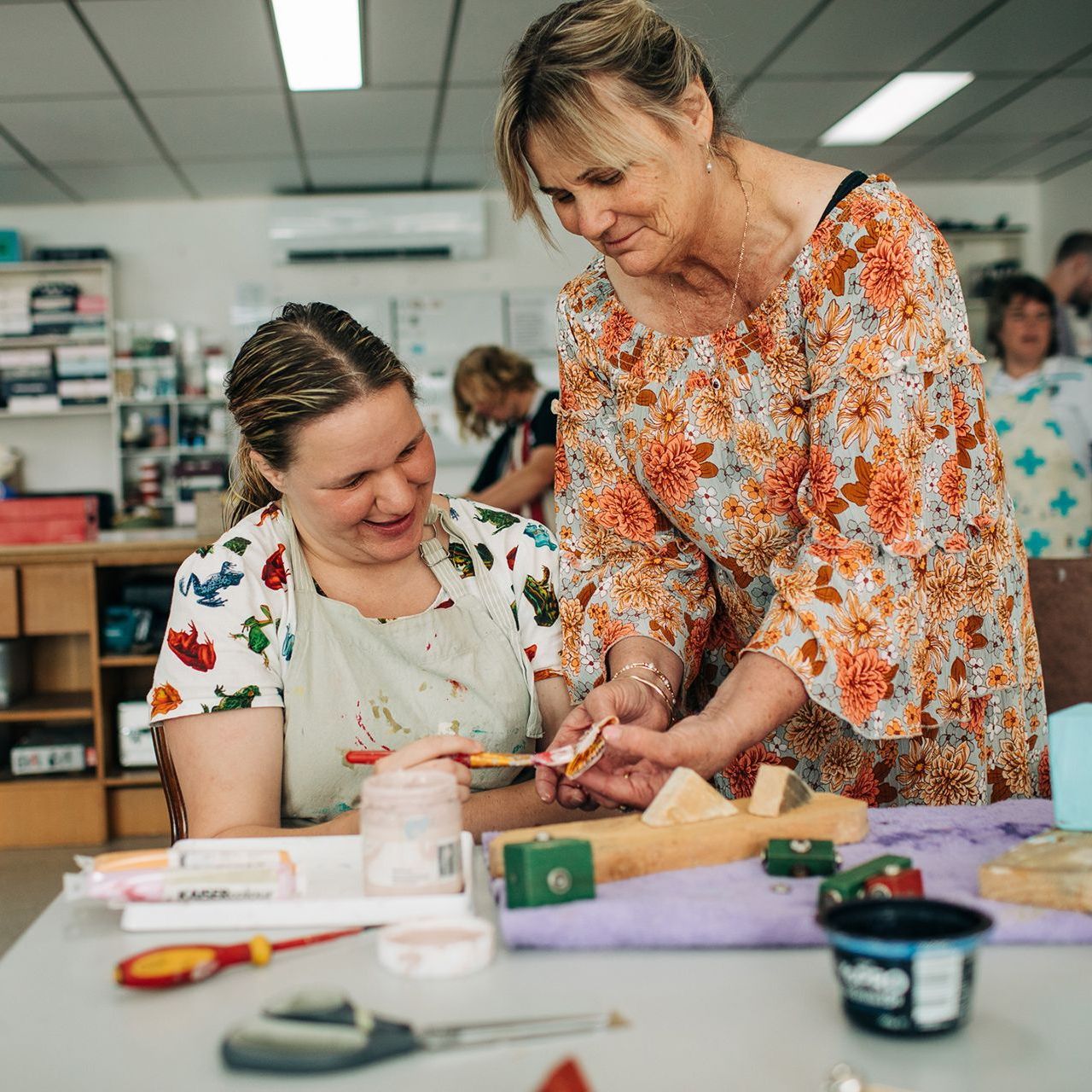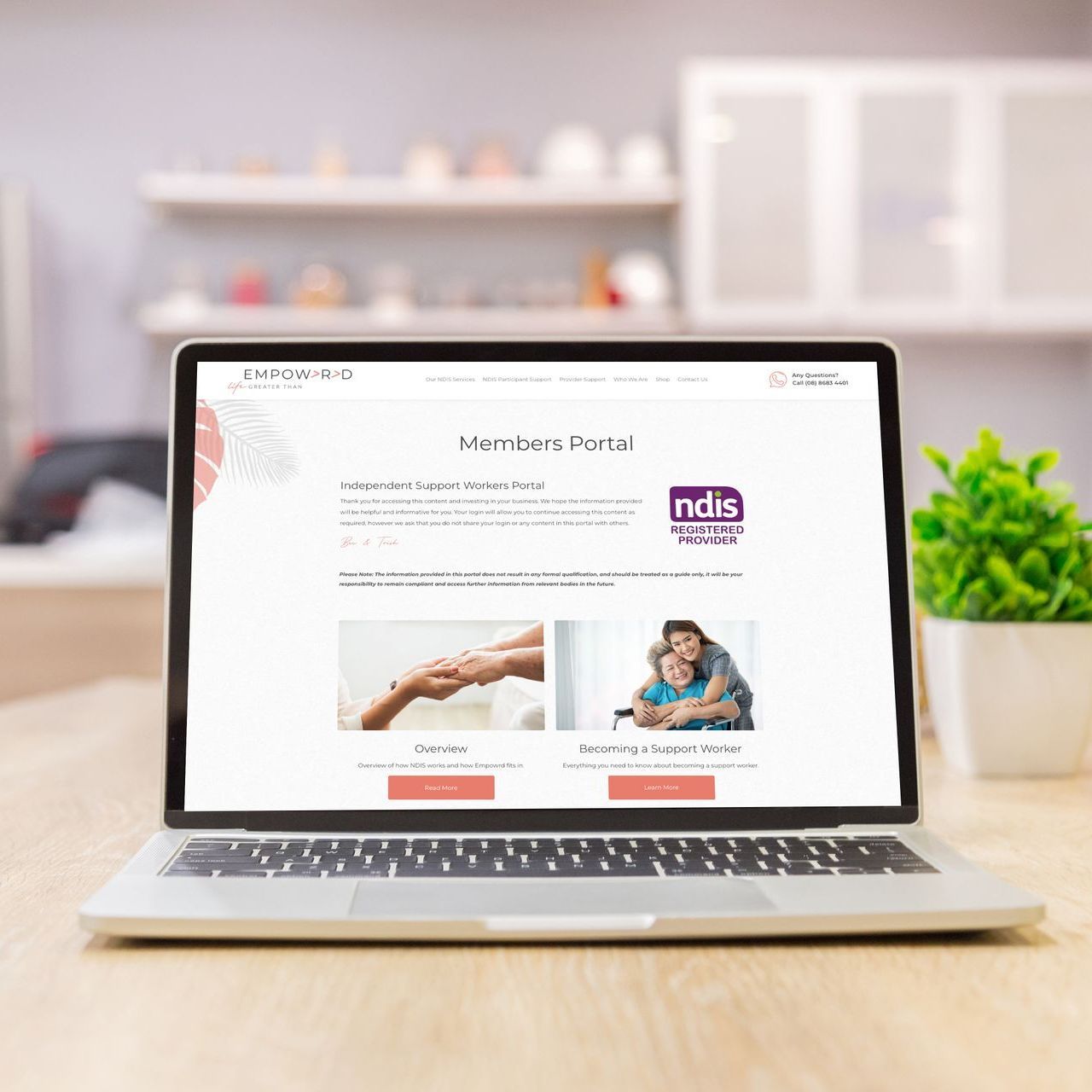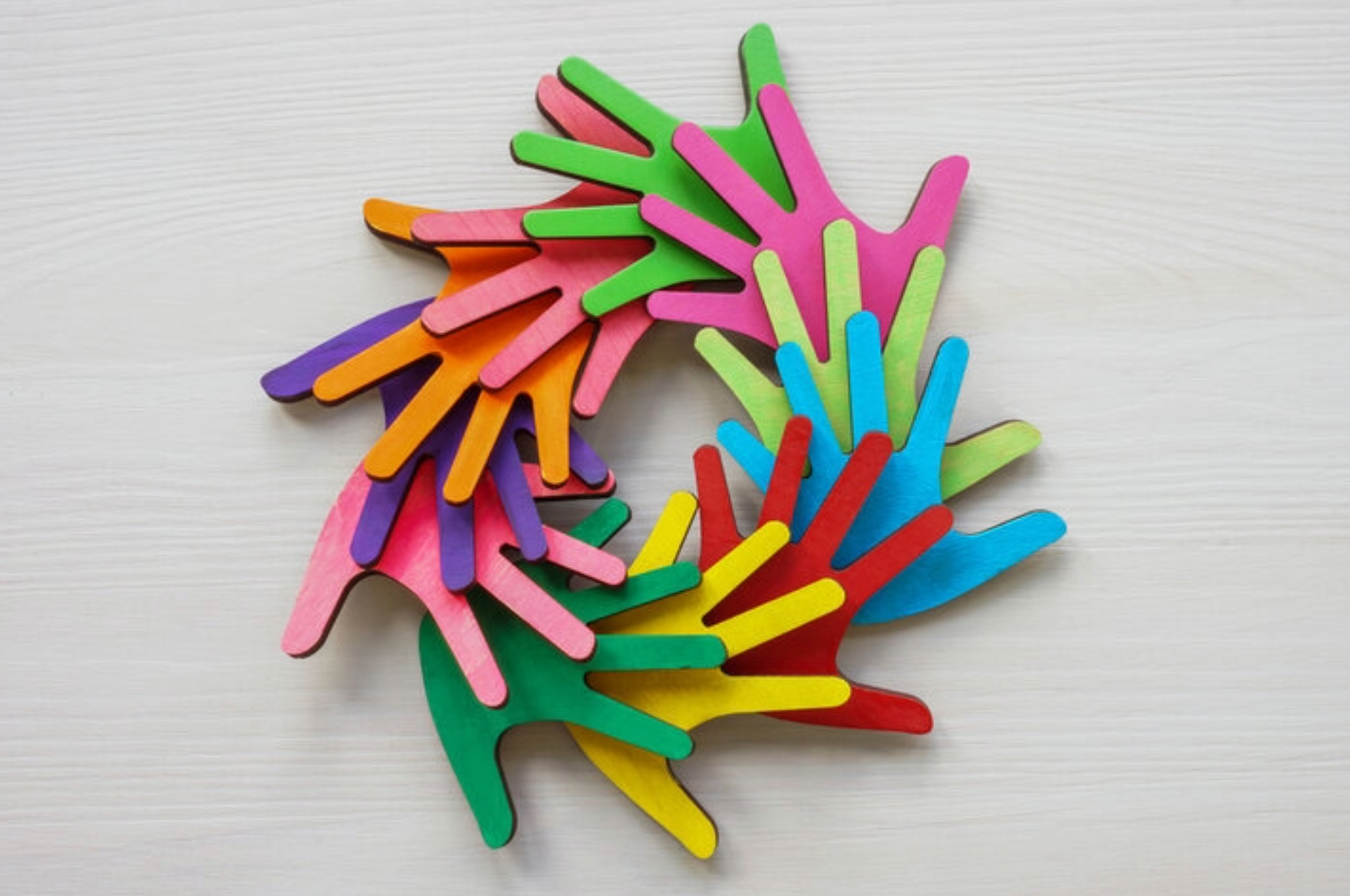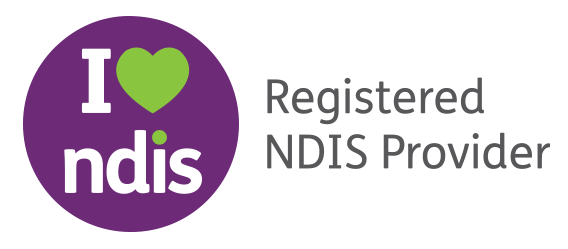Participant Enquiries
Carers in the Shadows: Recognising Their Strength

Behind many NDIS participants is a committed carer, someone giving their time, energy, and heart, often without recognition or rest.
Carers are the quiet achievers who hold families, communities, and lives together.
This article explores what it means to be a carer in Australia, the challenges they face, and how NDIS can help reduce pressure and provide peace of mind.
What Is a Carer?
A carer is anyone who provides unpaid support to a family member or friend living with disability, chronic illness, mental health challenges, or age-related conditions.
Carers assist with daily tasks, personal care, transport, medication, appointments, and emotional support.
Carers can be parents, partners, siblings, friends, or even young carers under 25 balancing school, work, and caring responsibilities.
They don’t choose this as a profession; they step into it out of love and necessity.
Carer Statistics in Australia
According to the Australian Bureau of Statistics (ABS) Survey of Disability, Ageing and Carers (2024) and the Carer Wellbeing Survey (2024):
- Around
3 million Australians, or
11.9% of the population, are carers.
There are over 3 million carers across Australia — almost 12% of the population. - Around
1.2 million are
primary carers, providing the most significant support to a family member or friend.
- 40% of primary carers rely on a government allowance as their main source of income, compared with 16% of non-carers.
- Two-thirds of primary carers are female.
- The
average age of a primary carer is
54.
- Around
11% of carers are under 25, an increase of 60% since 2018.
- 30% of primary carers provide care for
40 hours or more per week.
- 43.8% of primary carers have a disability themselves.
- 58.3% of carers have low wellbeing, compared to 30.4% of all Australians.
Carers make up the foundation of Australia’s aged, disability, palliative and community care systems providing essential, unpaid work that keeps our social fabric strong.
The Impact on Wellbeing
Caring can be deeply rewarding, but it also brings challenges that affect mental, physical, emotional, and financial wellbeing.
- Mental health: The 2024 National Carer Survey found that more than half of carers experience high or very high psychological distress.
- Physical health: Many experience fatigue, chronic pain, and disrupted sleep due to the demands of care.
- Social isolation: Carers often feel disconnected from friends and the community.
- Financial pressure: Reduced working hours or leaving employment entirely to care for a loved one is common.
Carers often prioritise others’ needs over their own, which can lead to burnout if support is not in place.
How the NDIS Supports Carers
Although the NDIS focuses on the participant, it recognises that carers play an essential role in maintaining wellbeing and independence.
The NDIS can indirectly support carers through:
- Respite and Short-Term Accommodation (STA): These supports provide temporary care arrangements, giving carers time to rest, attend appointments, or simply recharge. STA can include in-home respite, community-based stays, or overnight accommodation.
- Community and Social Participation: NDIS participants can access supports that help them connect with their community such as day programs, recreational activities, volunteering, or social groups. These activities promote independence, reduce isolation, and allow carers regular breaks.
- NDIS Assistive Technology and Home Modifications: Practical supports that reduce physical strain for both the participant and their carer.
- Carer Statements: Carers can provide a personal statement during the participant’s planning meeting to help the NDIS understand the level of care they provide and the impact on their health and lifestyle.
- Connections to
Carer Gateway Services: For counselling, peer support, and emergency respite options outside the NDIS.
These supports not only improve quality of life for the participant but also help carers maintain their own health, relationships, and work-life balance.
How Support Coordination and Plan Management Help Reduce Pressure
While the NDIS is designed to support participants, the right supports can also ease the burden for carers.
Support Coordination helps by:
- Navigating NDIS systems and services so carers don’t have to.
- Coordinating providers and ensuring supports are delivered effectively.
- Helping with plan reviews, reports, and funding adjustments.
Plan Management helps by:
- Taking care of invoices, budgets, and provider payments.
- Tracking spending and providing clear monthly reports.
- Ensuring providers are paid accurately and on time.
Together, these services remove administrative stress, give carers back valuable time, and help maintain balance at home.
How Support Coordinators Help Participants (and Carers) Access Supports
A Support Coordinator plays a vital role in helping participants access and manage the right supports, including respite, community participation, and day programs.
They can:
- Identify suitable services in a participant’s plan, such as Short-Term Accommodation (respite), community access, and capacity-building programs.
- Connect participants with providers who offer day programs, social groups, or community activities that align with their goals.
- Coordinate respite options that suit both the participant and their carer, whether that’s a few hours of in-home support, a weekend stay, or a structured program.
- Liaise with providers and the NDIA to ensure supports are correctly funded and implemented.
- Help plan for ongoing or increased respite by gathering reports and preparing for plan reviews.
Support Coordinators take the complexity out of finding and managing these services, giving carers more breathing space and ensuring the participant’s plan truly supports their independence and wellbeing.
Empowrd’s Commitment
At Empowrd, we recognise that behind every NDIS participant, there’s often a carer doing extraordinary things every day.
Our
NDIS Support Coordination and
NDIS Plan Management services are designed to take some of that weight off your shoulders, helping you navigate the NDIS with clarity, confidence, and compassion.
Because caring shouldn’t mean carrying everything alone.
Contact us here or call (08) 8683 4401 to find out how we can support you and your family.

NDIS Plan Management and Support Coordination
At Empowrd, we are here to make your life easier. Based in Port Lincoln on the Eyre Peninsula, we offer a personal, accessible and holistic approach to NDIS Plan Management and Support Coordination.
We provide Plan Management services across Australia, assisting with financial administration, and offer Support Coordination to participants in Port Lincoln and Eyre Peninsula, connecting them with the right supports and providers. Our goal is to ensure your NDIS plan works for you, so you can focus on achieving your goals and doing what you love.

Want to Become a Support Worker?
Our Independent Support Workers Education Portal provides everything you need to navigate the NDIS, find work, and confidently offer services as an Independent Support Worker. For just $65, you will gain access to comprehensive guides, essential resources, and ready-to-use templates to streamline your work.
Inside, you will find:
- A clear breakdown of how the NDIS works
- Tips for finding jobs and delivering services
- Step-by-step guidance on invoicing and support planning
- Ready-to-edit templates for quotes, service agreements, invoices, and case notes
Need just the templates? You can also purchase them separately as standalone resources.
I hope you enjoy reading this blog post.
If you are ready to be Empowrd to live your life to the fullest, let us steer you on the right path.
Be EMPOWRD to Live Your Best Life
If you’re ready to be empowered to live life on your terms, we’re here to help guide the way. At Empowrd, we offer a personal, accessible, and holistic approach to NDIS Plan Management and Support Coordination. We’ll ensure your plan works for you, allowing you to focus on your goals and the things you love most.














